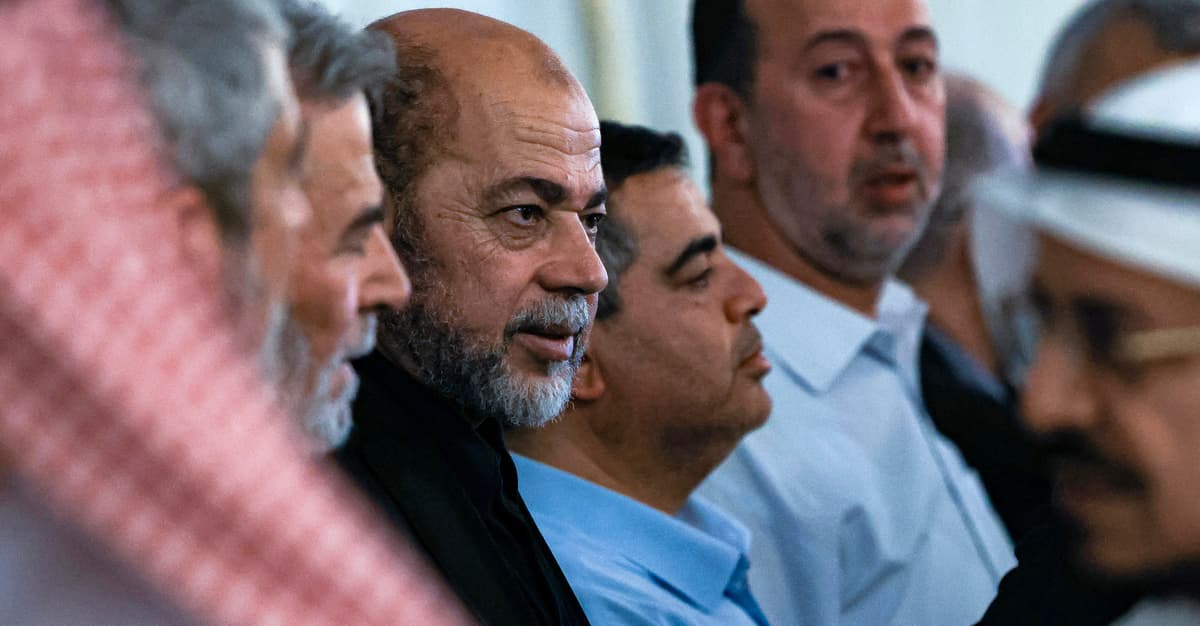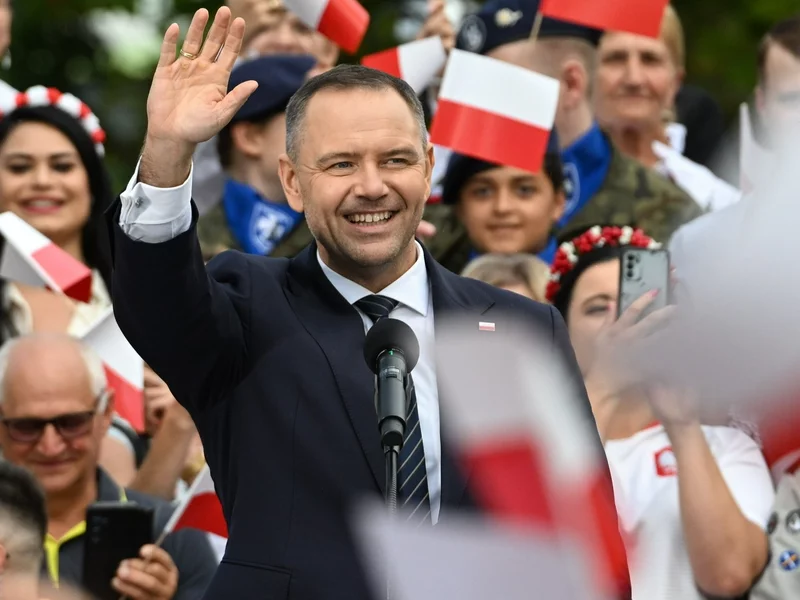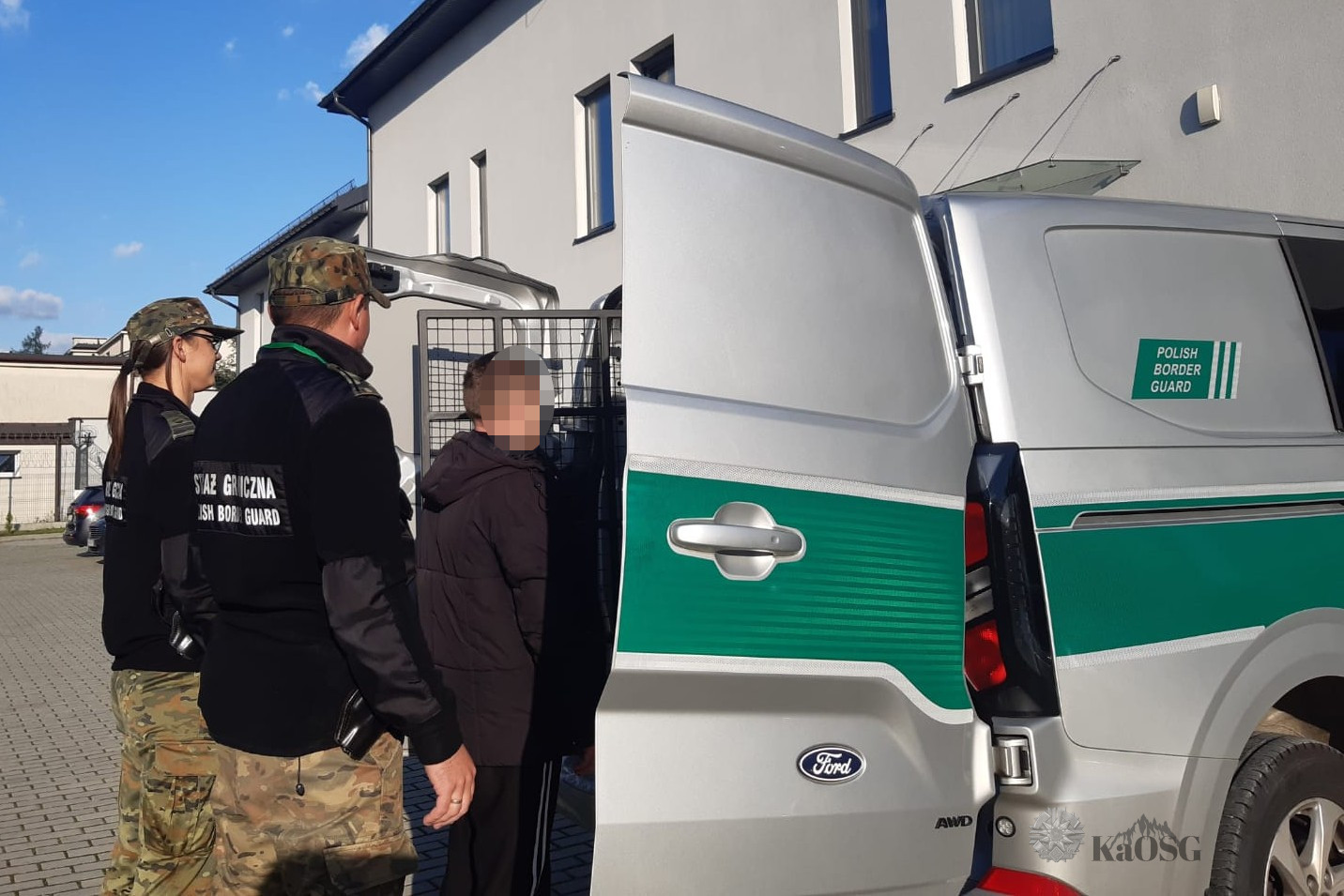During the night of September 9th and 10th, nearly 2 twelve Russian drones entered Polish airspace, causing NATO to scramble fighter jets. As the dust settled and NATO officials began to consider the consequences of Russia’s attack, it rapidly became clear that NATO as an alliance was not remotely prepared for specified Russian belligerence.
An unfortunate truism since the beginning of Russia’s full-scale invasion in 2022 is that while many of NATO’s east partners realize Russia’s larger intentions in Europe, larger members like the United States, Germany, and France have played down the threat. Either through surviving under russian occupation, as in the case of the 3 Baltic states, or having a long and fraught past with Russia, like Poland, these countries have small uncertainty as to Russia’s desire to push the envelope as far as it can – to test NATO’s boundaries and see just how “unified” the alliance is.
Russia’s September “attack” (as it should be considered) was by far not a one-off event. In the last 3 years, many drones have flown into Poland, the Baltic countries, and Romania – all NATO members – as well as Moldova. Again, on September 19th, 3 Russian fighter jets flew into Estonian airspace for over 12 minutes, reaching the capital city of Tallinn and forcing NATO to one more time scramble its jets. In doing so again and again, Russia is not only investigating NATO’s boundaries, but it’s besides highlighting a systemic weakness in the alliance.
NATO is not a unified alliance. It is made up of dozens of countries with very different priorities, determined by geopolitical considerations. For those countries that have dealt with Russian (and Belarusian) belligerence over the last years, the threat is indeed real. For others, specified as Spain and Portugal, which are much farther distant and seldom experience any of the regular challenges, the hazard of war, and so the thought of supporting their partners closer to the war, is just further away.
The deficiency of unity among NATO members is further compounded by the alliance’s biggest player, the United States, under the complicated leadership of President Donald Trump. Trump has again and again called the alliance into question, at times considering leaving while at others refusing to defend countries that do not pay up — at least 2% of the countries’ GDP. While these threats may have been effective in expanding defence spending among NATO members, it has besides demonstrated to Russia that any countries of the alliance are not necessarily ready to fight for the others. This messaging carries unprecedented hazard for NATO’s individual members, especially those on its east flank.
Admittedly, Poland’s decision on September 10th to invoke Article 4 of the North Atlantic treaty – calling for consultations after its territorial integrity was infringed upon – was a essential decision to show that the alliance inactive has teeth. Estonia has reportedly done the same following the Russian incursion into its airspace. However, NATO’s demonstration of power ends there. Instead, a number of leaders have called the attack into question altogether, specified as president Donald Trump, who claimed the drone incursion into Poland “could have been a mistake”. There has been no unified response, and all the while, many NATO countries have sought to play down the event and wait to measure Trump’s next move. They will be waiting a long time.
perceive to the latest Talk east Europe podcast episode:
While a hard and lethal consequence to Russia would be incredibly unwise and carry many risks, the deficiency of any consequence portends longer-term harm to the alliance. Russia-Belarusian war games practicing an attack on NATO’s east flank in September, combined with these 2 incursions into NATO within 10 days, are not a coincidence – and definitely not a mistake. Russia is investigating NATO’s limits to see what it can get distant with. Time and time again, Moscow has shown it is not afraid to bomb full cities and kill dozens of civilians to accomplish its goals in Ukraine. While this is improbable to take place in a NATO country in the close future, the Kremlin is likely considering other, little drastic measures for the close future, specified as expanding acts of sabotage against western military production – especially those that supply Ukraine with the weapons it needs to last – and critical infrastructure in order to take revenge for what it sees as a western conspiracy against Russian aspirations and greatness.
The possible consequences for NATO will be dire should the alliance be incapable to dig its head out of the sand and rally. In his recently published book, If Russia Wins, German political scientist Carlo Masala highlights a script in which Russia makes a tiny but meaningful armed incursion into the east city of Narva, a predominantly Russian-speaking city, with small to no protest from NATO members. While the book was a thought exercise in the most worrisome of proportions, the thought poses a real question: will the United States, England, Portugal, Canada, Greece, etc., send their soldiers to defend a town in east Estonia? Would they do the same for northern Finland? If the answer is “no,” and members of the alliance refuse to fight shoulder to shoulder against any and all attacks on individual members, then the most crucial question will arise: what is left of NATO?
This is precisely what Russia is testing. There is small reason to believe that Russia is planning a large-scale war against Berlin, Amsterdam and Paris. However, Russia needs far little to accomplish its goals. It only needs to show to the planet – and to itself – that the top military alliance in past is no more. And if it can do that, then there is small stopping it from doing whatever it wants in the future.
Ultimately, NATO can no longer afford the luxury of hesitation or interior division. Each incursion, whether by drones, fighter jets, or covert sabotage, is simply a calculated test by Moscow to measurement the alliance’s resolve. The longer NATO sits on its thumbs, the bolder Russia will become, and the more fragile the credibility of the alliance will appear. Now is the minute for NATO to get serious, reaffirm its unity, and prepare for the challenges ahead – before it’s besides late and the harm is irreparable.
Joshua R. Kroeker is an independent researcher, founder of the boutique analytic firm Reaktion Group. He holds degrees from the University of British Columbia in Canada, Heidelberg University in Germany and St Petersburg State University, Russia.
New east Europe is simply a reader supported publication. delight support us and aid us scope our goal of $10,000! We are nearly there. Donate by clicking on the button below.









![21-latek w areszcie. Odpowie za posiadanie dużej ilości narkotyków [ZDJĘCIA]](https://radio.lublin.pl/wp-content/uploads/2025/10/EAttachments8992094805169dfe0a2e8f3edbd8cf341b43c11_xl.jpg?size=md)



